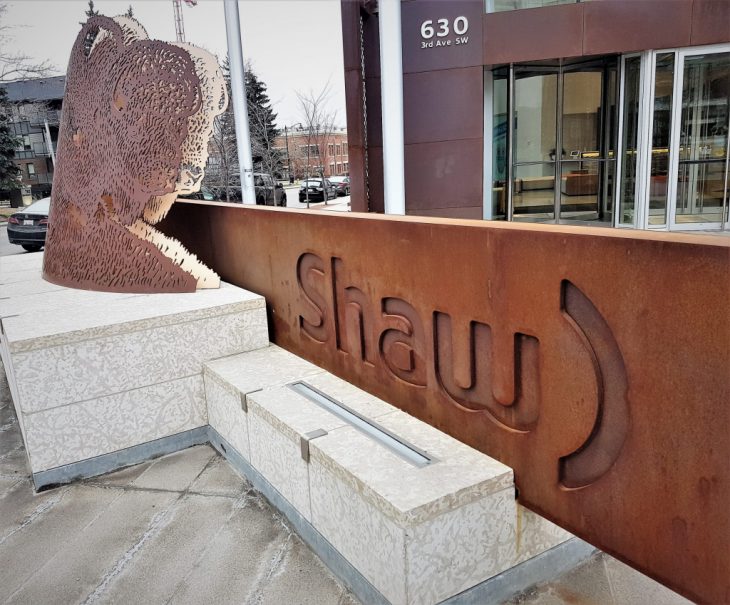
By Ahmad Hathout
VICTORIA – Shaw recommended the British Columbia government adopt a government policy directive that would give the province’s utility company the ability to create a new telecommunications division to address lagging permits to its joint-owned poles, according to a briefing note obtained by Cartt.
The recommendation, which would help “expedite permits controlled by BC Hydro,” was made late last year to the Ministry of Energy, Mines and Low Carbon Innovation, which oversees utility crown corporation BC Hydro.
BC Hydro jointly owns with telecom incumbent Telus a network of poles on which carriers attach their communications equipment to expand broadband and cellular services.
“Shaw’s view is that a new government policy directive for BC Hydro would enable the Crown Corporation to spend money on expediting the permitting process,” according to the briefing note, which was intended to prepare broadband minister Lisa Beare, who leads the Citizens’ Services ministry, to speak with Shaw. The notes were prepared as part of the province’s quarterly meetings with major telecoms.
A separate briefing note on the importance of pole access for connectivity noted that the utility company “does not have a mandate to facilitate more transparent and effective access to hydro poles for the purpose of supporting the expansion of connectivity.”
“At this time, the provincial government has chosen to not adopt Shaw’s recommendation for BC Hydro to create a telecommunication division,” said a statement from a BC Hydro spokesperson. “However, BC Hydro does have a dedicated team that works to ensure timely attachments to its infrastructure and has been working collaboratively with government and key industry stakeholders through a working group focused on broadband connectivity. The role of this group is to increase transparency and improve processes (within BC Hydro, government access and permitting, and also within the telecommunication carriers) to reduce timelines to attach to existing infrastructure and to also make those timelines more predictable.”
Over the years, third party attachers like Shaw and Rogers – which are now one and the same – have complained about delays in getting access to these poles.
Specifically, Shaw had requested a deadline extension to the end of this year for at least two major transport projects funded by government money — one that runs from Whistler to Cache Creek and another from Prince George to Dawson Creek. A combination of BC Hydro make-ready work, permitting delays and Indigenous government consultations have factored into the deadline extension.
In the former case, BC Hydro had blamed Telus for the fibre project delay because the telco did not adequately convey to the utility what the purpose of the project was. Shaw said it is on the last leg of the route, which requires a fibre run of 5 kilometres along Highway 99 on Cayoose Creek Nation lands.
The briefing note does not comment on Shaw’s recommendation but suggests telling the cable company that the province “is actively taking steps to expedite permitting approvals for projects funded by both provincial and federal programs working together.” The speaking points also suggest asking Shaw about “specific details” on the nature of delays by project.
“It is very important for the permitting authorities to establish clear processing timelines and transparency for permit applications made directly to BC Hydro or through their joint pole owner, Telus,” the briefing note said.
Shaw has been in the ear of the B.C. government for years, often about these types of access questions. In 2021, the company had urged the provincial government to share in the cost of replacing poles, which normally falls on the third party because it is their equipment that is forcing the replacement.
The CRTC has addressed the pole replacement question by ruling in February that pole owners benefit from replacements and therefore should share in the costs.
Shaw had also been fighting a BC Hydro proposal to charge for attaching equipment on pole wires, as opposed to just the pole itself, and complained about third parties not being compensated for having to relocate their equipment when the ministry requires. The CRTC has recently ruled that the province must either stop compensating Telus or compensate Rogers and Shaw at a rate not less favourable than what Telus gets. The province has appealed parts of the decision.


